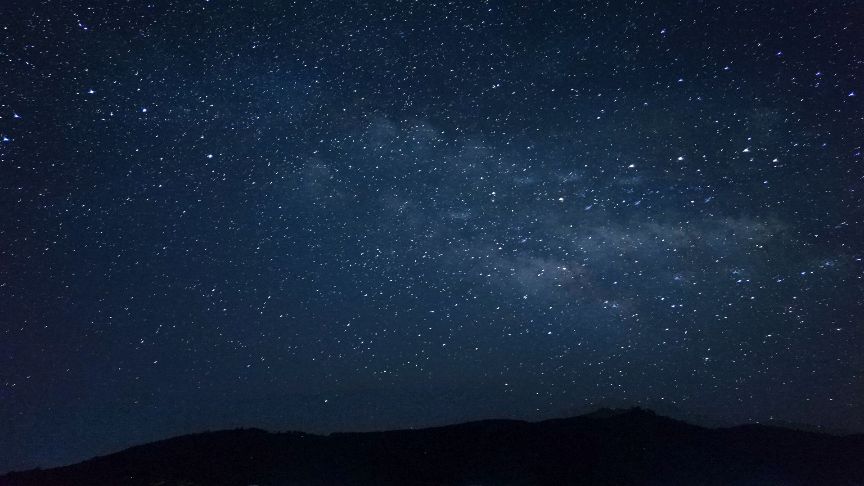GROVELAND, FLA. — This fast-growing city in south Lake County is exploring an unusual way to shine in the future: The power of the dark side.
Groveland is hosting a virtual workshop at 11 a.m. February 24 about an ambitious proposal to limit light pollution for environmental, aesthetic and economic benefits.
What You Need To Know
- International Dark-Sky Association experts attending workshop
- Groveland posted detaills online about attending the Zoom event
- Nonprofit:Light pollution harms wildlife, contributes to climate change
As proposed, Groveland could become the first city in the Sunshine State to achieve the designation of a Dark Sky Community, possibly within two years, the city said Thursday.
Such designations are awarded by the International Dark-Sky Association, a nonprofit based in Tucson, Arizona.
“When used indiscriminately, outdoor lighting can disrupt wildlife, impact human health, waste money and energy, contribute to climate change, and block our view of the universe,” the nonprofit says online.
Founded in 1988, the nonprofit is considered the world’s leading authority on light pollution, providing a wide variety of resources for individuals and communities about the benefits of limiting lights at night.
Groveland’s workshop will cover:
- Benefits of dark-sky preservation
- Dark-sky tourism
- The city's existing light pollution
- The International Dark-Sky Association's role in limiting light pollution
- The steps needed to achieve the Dark Sky Community designation
Three dark-sky experts are expected at the workshop hosted by Groveland, which has roughly 17,000 residents. That’s an 88 percent% jump since April 2000.
Light pollution isn’t typically one of the top issues when local governments in Florida evaluate standards for residential developments. It comes up more commonly with commercial projects like big-box retail developments and expansive auto dealerships.
Residential-development concerns typically focus on traffic, schools, water and drainage.
But dark-sky awareness is spreading.
The 11,000-acre Harmony development east of St. Cloud in Osceola County landed the nonprofit’s Dark Sky Development of Distinction Award in 2009.
“In order to qualify for the award, developments must have a comprehensive lighting scheme, exhibit developer and resident commitment to night sky protection, and achieve success in light pollution control,” Harmony and the nonprofit said in a joint statement.
Stargazers love dark skies. Light pollution limits what they can see at night.
Artificial light at night also disrupts wildlife, especially night-hunting critters who sleep during the day.
“Light pollution radically alters their nighttime environment by turning night into day,” according to the International Dark-Sky Association.
Sea turtles, for instance, are disoriented by bright lights, causing hatchlings to crawl the wrong way - away from the surf and toward the dunes - after emerging from their nests.
As a result, seaside communities often enact lighting ordinances to reduce the potentially fatal disorientations.
In Volusia County, for example, a light-reducing ordinance takes effect annually from May 1 to October 31, sea-turtle mating season.
Amphibians such as frogs and toads are harmed by artificial lights at night, reducing nighttime croaking - part of their breeding behavior.
The International Dark-Sky Association estimates $3 billion annually is wasted on outdoor lighting.
“Light pollution is increasing worldwide at twice the rate of global population growth,” the nonprofit said.
No advanced signup is necessary to attend Groveland's virtual workshop.
“Attendees can interact with the panelists during the question-and-answer session at the end of the presentation,” according to Ashley Wright, Groveland’s communications specialist and human resources coordinator.
You can send her questions before the workshop at Ashley.wright@groveland-fl.gov.
Other details are at https://www.groveland-fl.gov/592/Dark-Sky.
